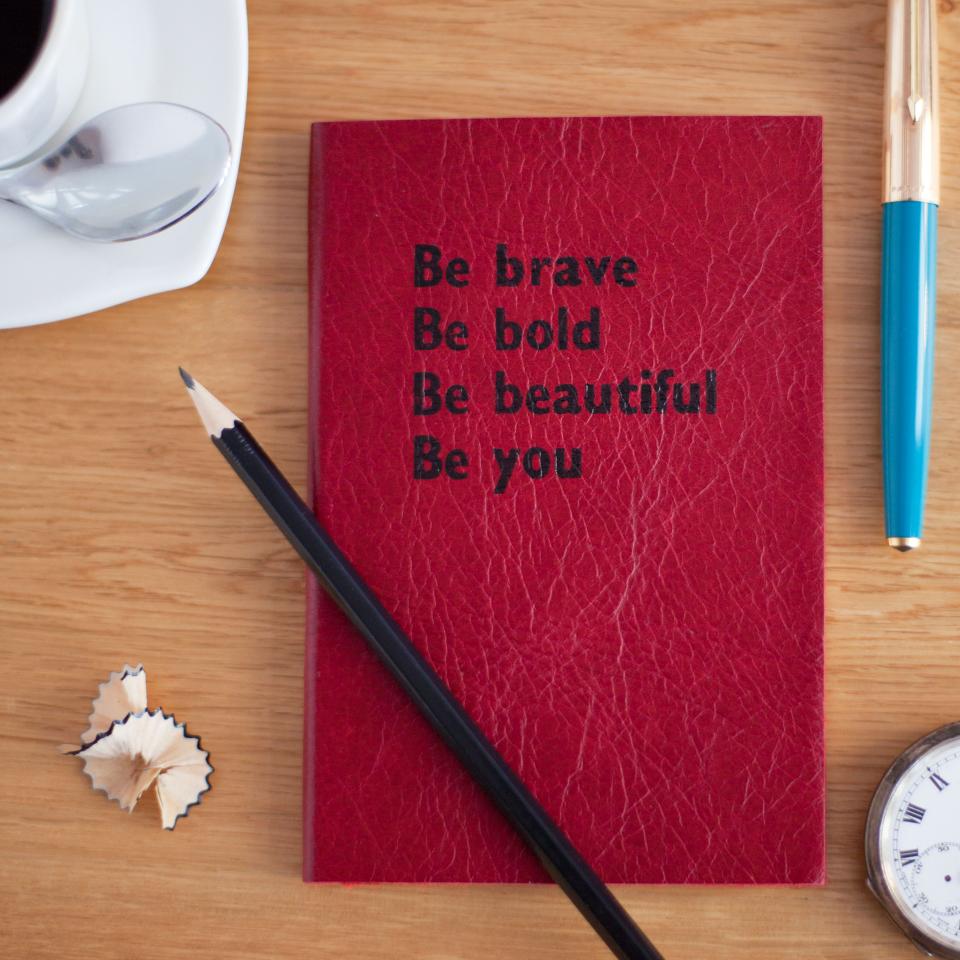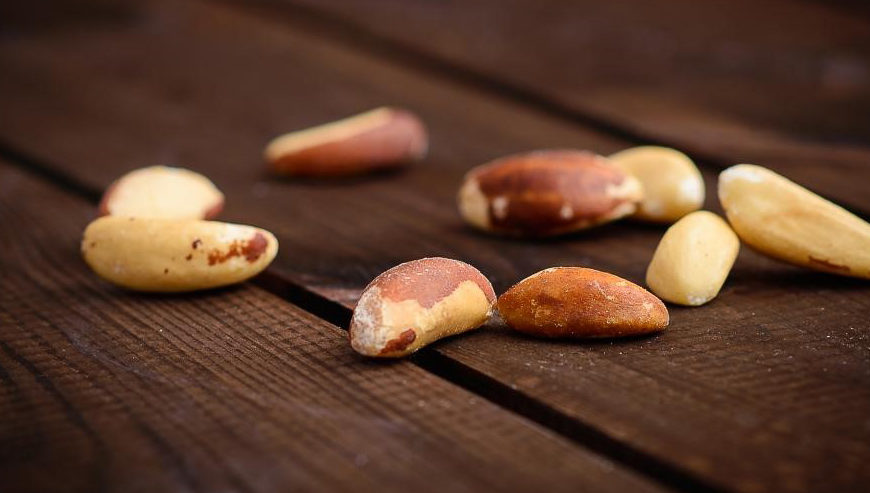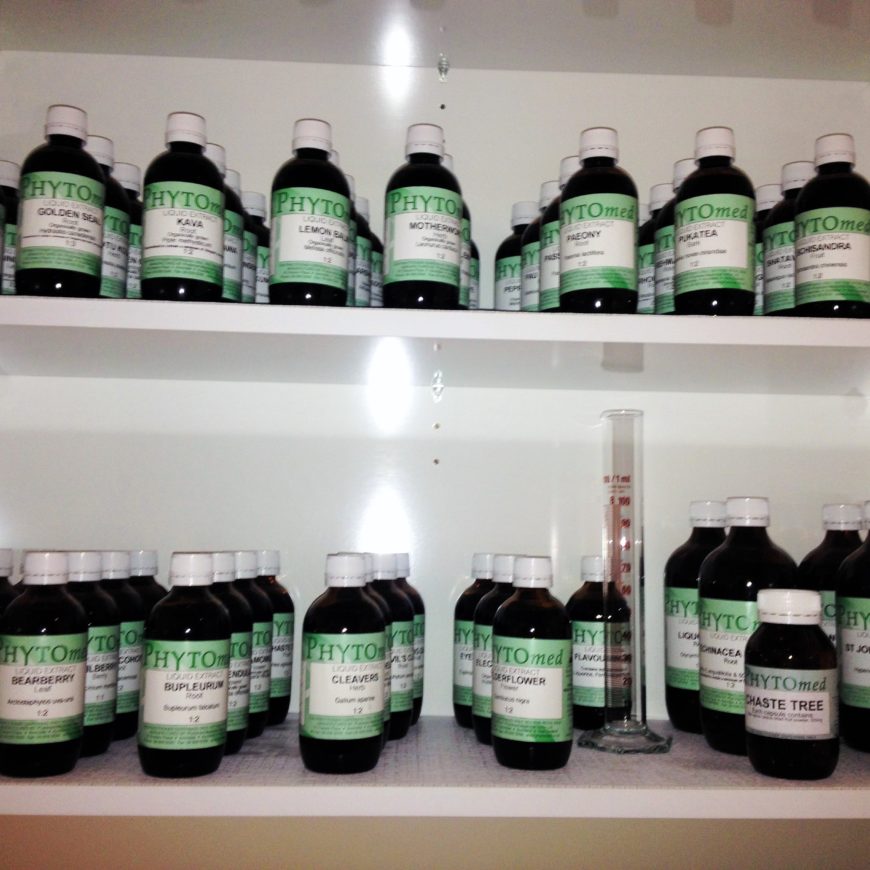I believe self-experimentation is the most effective way to determine your ultimate diet. Even the best diet template is generalised and not tailored to your unique self.
So I have been around the block. As a Naturopath/Nutritionist n=1 is my idea of fun.
Here are a few things I discovered during my self-experiments…
- Low carb diets make me hypoglycaemic. I was always spaced out. My eyes were always glazed over. People would wave in front of my eyes because I was away with the fairies. I became a dangerous driver. I didn’t realise it at the time, but I had low energy.
- Paleo made my acne worse. I overate omega 6 – meat, animal fat, eggs, nuts, seeds and oil. Even omega 3 supplementation didn’t counteract the omega 6 to 3 imbalance.
- An elimination diet to determine which allergenic foods I was intolerant to, resulted in me becoming intolerant to the non-allergenic foods because I was overeating them. An elimination diet is a clean and pure diet that is low in allergenic foods. It is a good base diet if you are determining which foods you react to. An elimination diet includes fruit, vegetables, legumes, meat and healthy fats (avocado, olives, olive oil and coconut oil). Just remember, variety!
- Exercise = weight loss (full-stop). Right? Wrong! Maybe for you and nearly everyone else, but not me. It makes me more insulin sensitive, increases my appetite and results in me eating more than enough to counteract it.
Inspiration for successful Self-Experimentation:
- Let’s go back to science class… remember aim, hypothesis, method, results and conclusion. Write your aim, hypothesis and method beforehand. “If you fail to plan, you plan to fail.” Write your results and conclusion afterwards. This is the backbone to a successful self-experiment
- Set clear goals and make them SMART… S=Specific, M=Measurable, A=Achievable, R=Realistic and T=Time
- Baseline measurements – take every measurement you can pre, during and post-experiment. Particularly if your goal is weight oriented. Measurements like weight, Body Mass Index (BMI), waist, hips, waist to hip ratio, blood pressure, blood glucose, cholesterol, other blood tests, and body fat percentage and skeletal muscle percentage (if they are available to you)
- All of the measurements listed above are objective, they are not influenced by emotions, opinions or personal feelings. On-the-other-hand, subjective measurements are open to greater interpretation based on emotions, opinions and personal feelings. Subjective measurements include energy levels, stress levels and sleep quality. We often talk about signs and symptoms relating to health conditions. Signs are objective e.g. temperature, rapid pulse and pallor, as these are measurable/observable. Symptoms are subjective e.g. tiredness, anxiety and depression, as these are not measurable/observable
- Only 1 independent variable at a time, otherwise how do you know what’s working? Keep it simple and don’t try to outsmart the process of self-experimentation
- Stick it out, and when you’re ready to give up, keep going. Don’t expect to wake up a new person the next day. Or even that week. Good things take time. Great things take longer. It’s like when you’re writing an essay… don’t focus on the number of pages to go, focus on the number of words you have written
- Diary everything, record every little detail. What may seem irrelevant now, may be gold at the end
- Everything eventually plateaus. So you lost 3kg in the first 3 days of switching to a low carb diet. 2kg the next week. 1kg the following week, but now your weight won’t budge. This is when you need to fine tune and switch it up. Even though it may seem criminal, sometimes the opposite is what you need. In this situation, try carb cycling. This involves incorporating 1-2 high carb, low fat (as opposed to high fat, low carb) days per week. This shocks the metabolism and sets it on fire!
- Use previous results to steer your direction for your next self-experiment. So that worked, but will something else work better? Be brave to give it a go and find out
- So it worked… for you. It doesn’t necessarily mean it’s going to work for your mum/dad, best friend or even twin sister/brother. Remember we are all unique and respond to everything differently
The strength of a n=1 self-experiment is that you are the 1, the entire sample size is you. You set the rules. “You have brains in your head. You have feet in your shoes. You can steer yourself any direction you choose” Dr Seuss
Self-experimentation has been one of the biggest learning kerbs for me. It has really helped me to understand my clients, by relating my past experiences to their current situations.
If I have converted you to be a self-experimenter or you’re a n=1 junkie like me, I’d love to hear your stories, connect with me. Just don’t let self-experimentation turn you into a hypochondriac!
Keep experimenting, keep learning,




